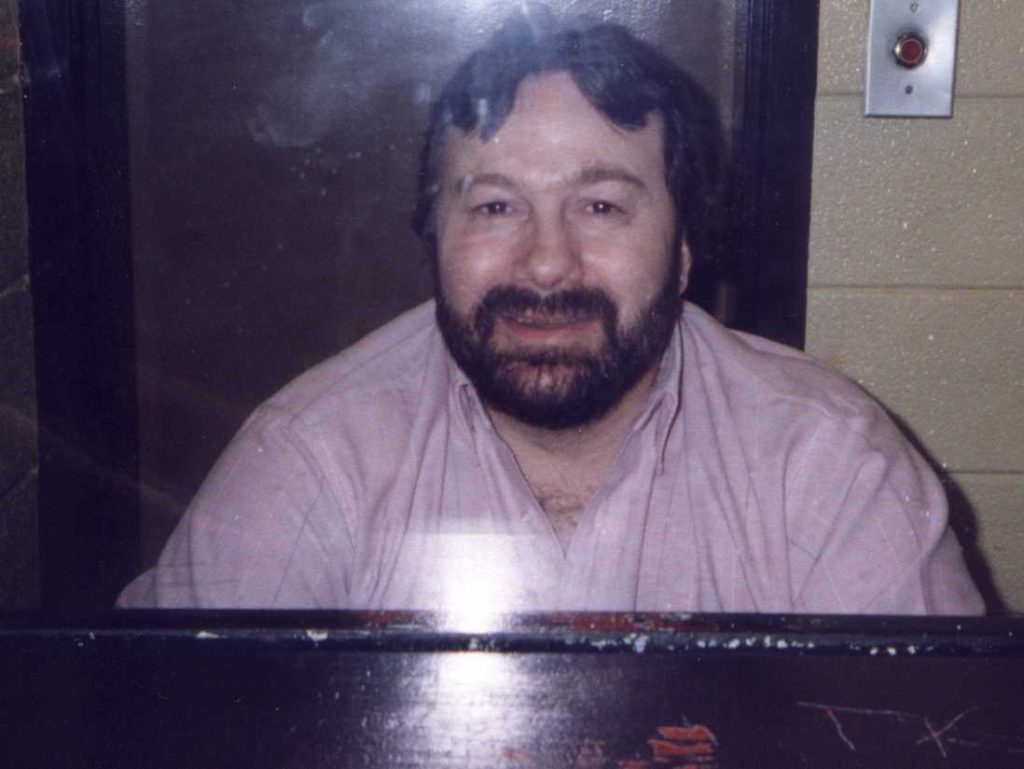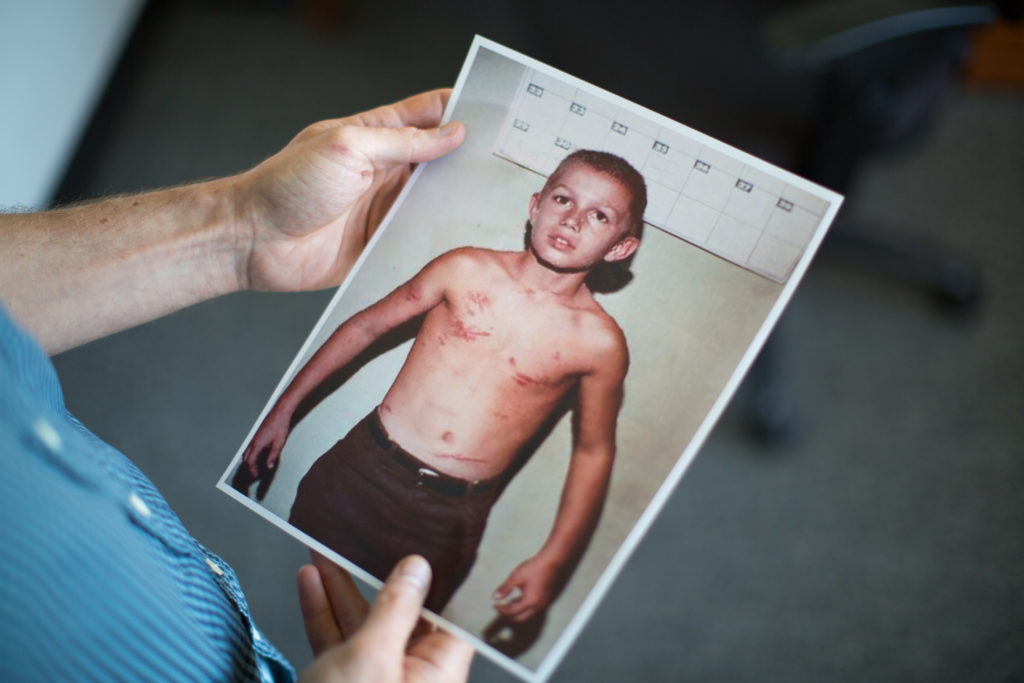
As he faced the death penalty, Ronald “Ronnie” Frye’s court-appointed attorney was Tom Portwood, a notorious alcoholic who would later admit to drinking 12 shots a day during Ronnie’s trial. During the time he represented Ronnie and other capital defendants, Tom Portwood was involved in a car accident where police measured his blood alcohol concentration at more than 0.4, enough to kill most people. The attorney failed to do the most basic investigation into Ronnie’s background. He didn’t give the jury even a glimpse of Ronnie’s childhood of abandonment and abuse. A jury must be unanimous to impose a death sentence, and years after the trial, some jurors said they would have refused to vote for death if they had heard the story of Ronnie’s tortured youth.
Ronnie was executed in 2001. Tom Portwood also represented Nathan Bowie, who remains on death row, and Glen “Ed” Chapman, who was exonerated in 2008, 15 years after being sentenced to death for crimes he didn’t commit.
The U.S. Supreme Court says mitigating evidence is vital in a death penalty case to help explain a crime. It is unconstitutional to sentence a person to death without considering life experiences and other mitigating factors. Ronnie and his two brothers were abandoned by their father and left in the care of a neglectful single mother. At 18 months, Ronnie was rushed to the hospital after drinking a glass of kerosene. When Ronnie was just 3 years old, his mother gave him away to a couple she met at a gas station. The man was a violent alcoholic who beat Ronnie with a bullwhip, leaving what witnesses described as “bloody stripes” on Ronnie’s body.

The beatings went on for six years before a teacher noticed Ronnie’s scars and the man was arrested for assault. A police chief later used Ronnie’s childhood photos as examples at child abuse seminars. Ronnie ended up in the custody of the biological father who deserted him at birth, who was also an abusive alcoholic. He dragged Ronnie out of bed to watch as he beat the boy’s stepmother. The stepmother left the home after a particularly severe beating. Neighbors reported Ronnie had been abandoned; his father wasn’t home, he was hungry, and the house was maggot-infested. Eventually, Ronnie was given back to the mother who had given him away him as a toddler.
Ronnie never received counseling for his childhood traumas. Instead, they fueled a lifetime of addiction to alcohol, marijuana, and cocaine. His downward spiral culminated in 1993 with the murder of Leroy Childress, a landlord who had just given Ronnie an eviction notice. After Ronnie’s trial, his lawyer’s alcoholism became so debilitating that Tom Portwood was pulled off another death penalty case and sent to a detox facility.
Ronnie was executed on August 31, 2001. Tom Portwood died two years later from an alcohol-related disease.
